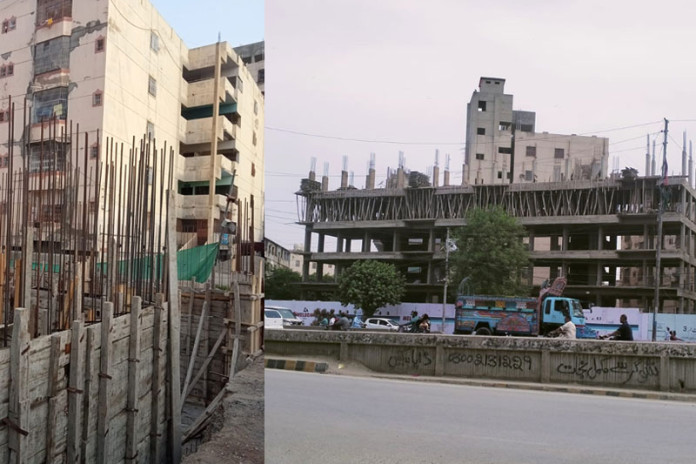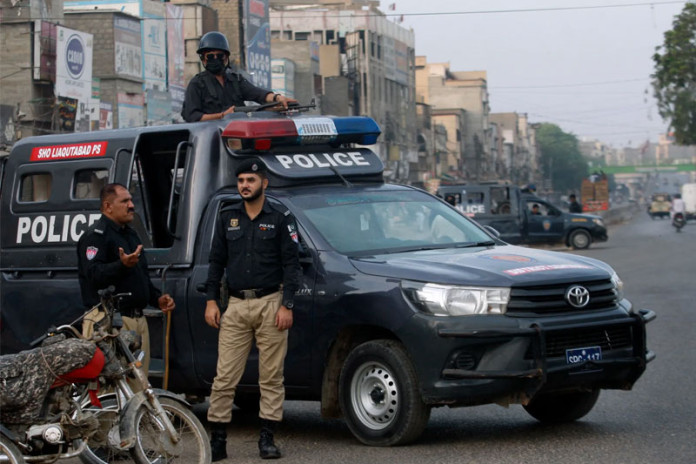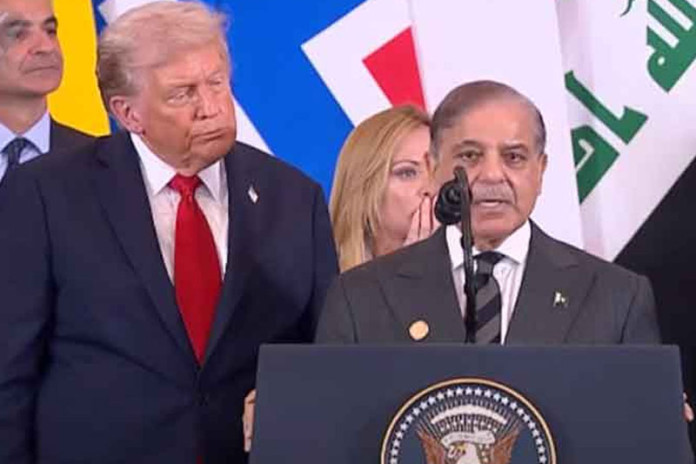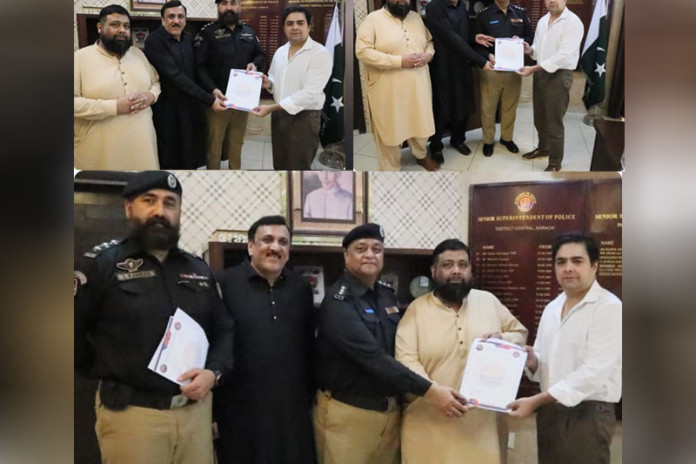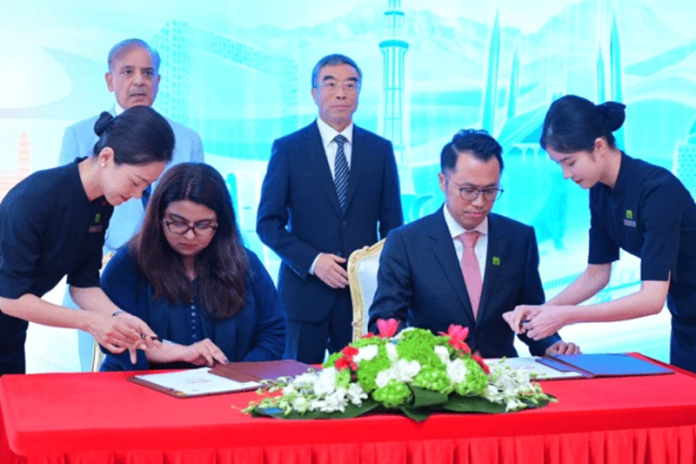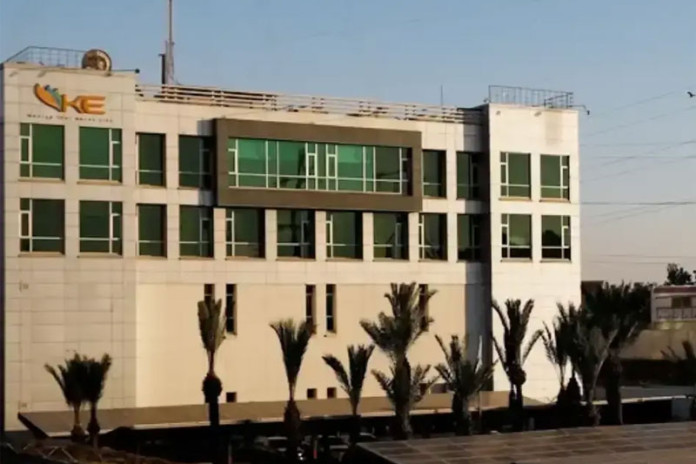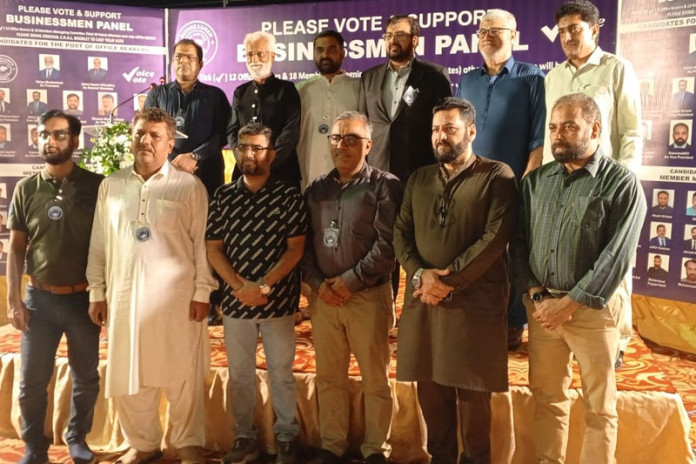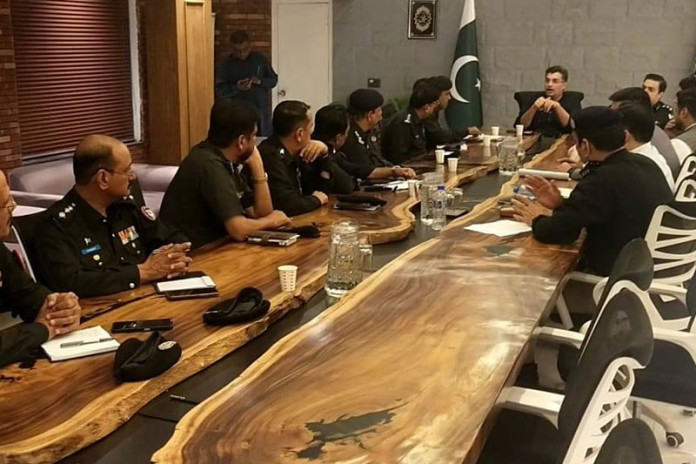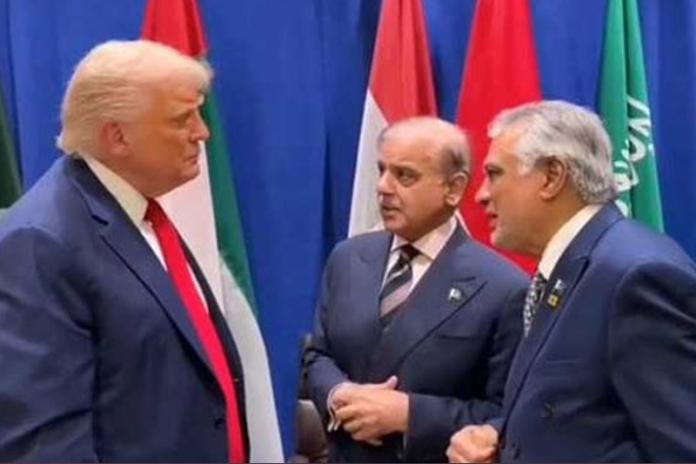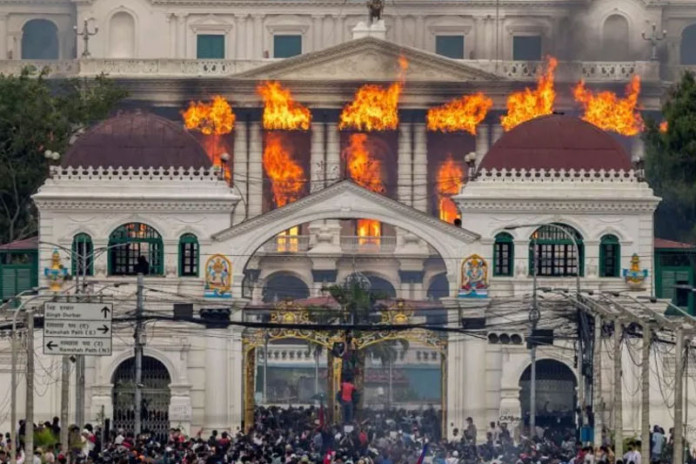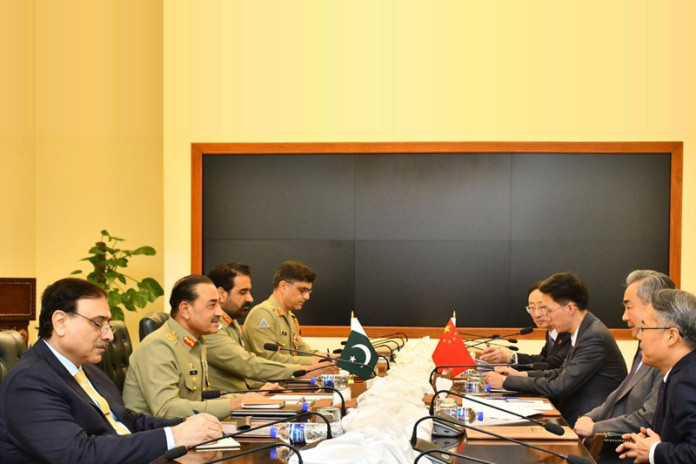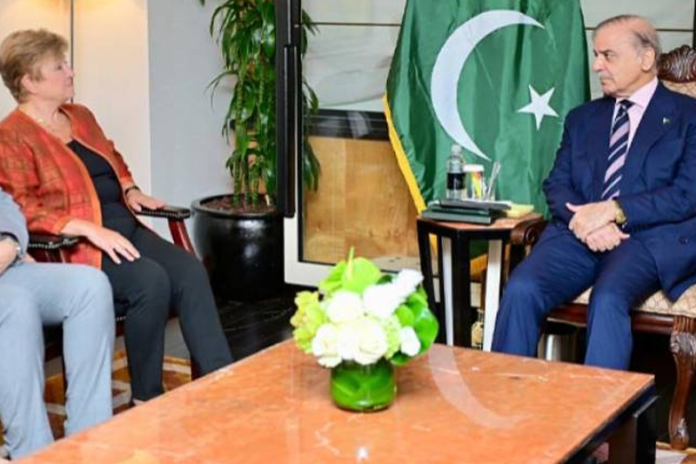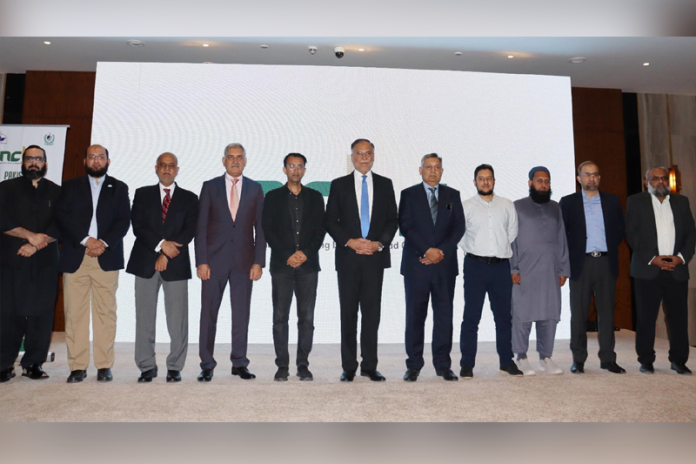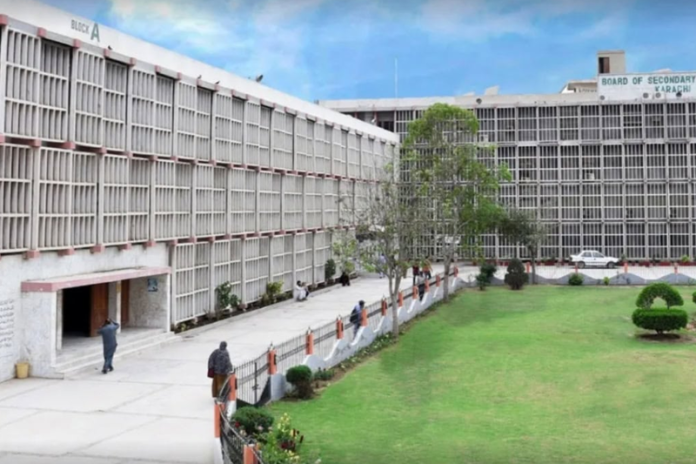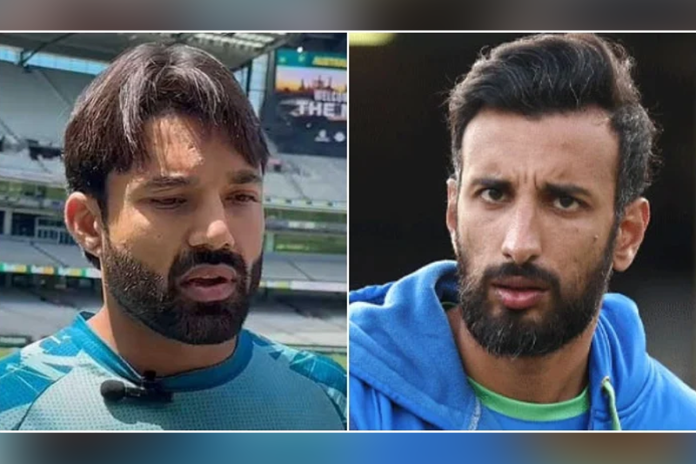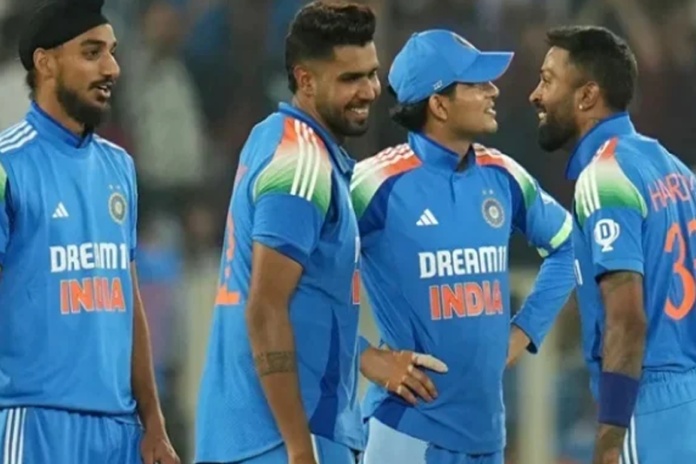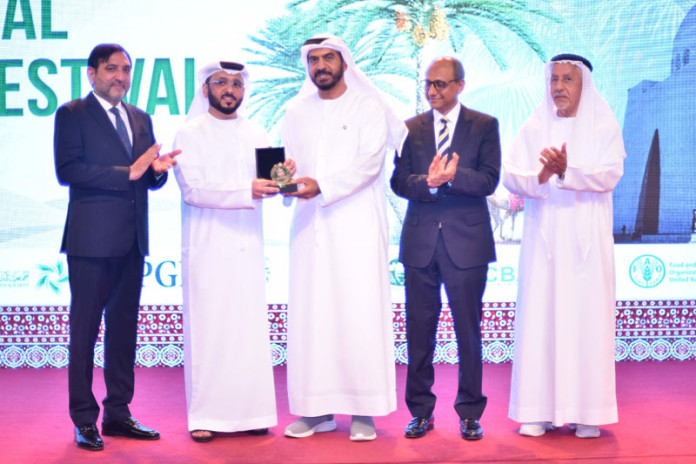Human rights and civil liberties in Pakistan: Navigating challenges and progress
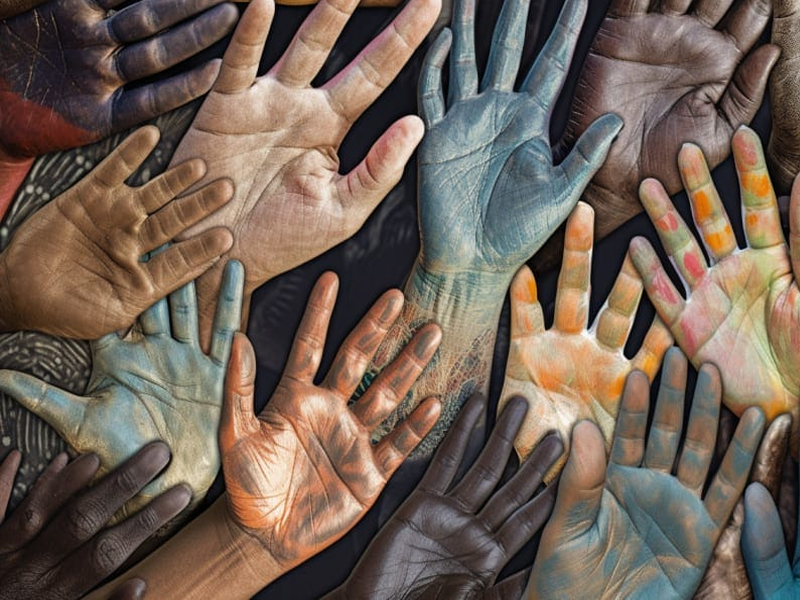
- 381
- 0
Pakistan, a nation teeming with cultural diversity and a complex socio-political landscape, grapples with profound challenges in upholding human rights and civil liberties.
Among the foremost concerns are issues pertaining to freedom of expression and press freedom. While enshrined in the Constitution of Pakistan, these rights often face formidable challenges in practice. Journalists and media professionals frequently encounter censorship, intimidation, and violence, particularly when reporting on sensitive subjects such as military affairs, religious extremism, or government policies.
Such constraints not only stifle the free flow of information but also undermine the foundations of democracy by limiting public discourse and accountability. The protection of minority rights and religious freedom represents another critical area of contention in Pakistan. Despite constitutional guarantees aimed at safeguarding the rights of religious minorities, including Christians, Hindus, Sikhs, and others, instances of discrimination, persecution, and violence against these communities persist. Blasphemy laws, in particular, have sparked widespread debate and concern both domestically and internationally. Misuse of these laws has resulted in grave injustices, with individuals facing severe penalties, including death sentences or extrajudicial violence, based on unfounded allegations. This climate of religious intolerance not only jeopardizes Pakistan's commitment to pluralism but also fosters an atmosphere of fear and insecurity among minority populations. Gender equality and women's rights remain deeply entrenched challenges within Pakistani society. Despite legislative reforms and governmental initiatives aimed at improving women's access to education, healthcare, and economic opportunities, pervasive patriarchal norms and cultural practices continue to impede progress. Issues such as honor killings, domestic violence, child marriage, and lack of legal protections for women persistently marginalize and endanger women's lives. While there have been notable strides in increasing women's political representation and participation, significant barriers remain, hindering the realization of substantive gender equality. In recent years, Pakistan has taken steps to address these challenges and enhance its human rights record. Efforts to reform discriminatory laws, such as the passage of the Protection of Women against Violence Act in 2016, represent significant legislative achievements aimed at combating gender-based violence.
Additionally, the establishment of institutions like the National Commission on the Status of Women underscores Pakistan's commitment to advancing gender equality and protecting women's rights. Nevertheless, much work remains to be done. The implementation of these laws and policies often falls short due to inadequate enforcement, societal resistance, and institutional barriers. The persistence of cultural and religious conservatism further complicates efforts to promote human rights and civil liberties effectively. Moreover, the impact of ongoing security challenges and regional instability continues to pose formidable obstacles to progress in these areas. International scrutiny and advocacy play a crucial role in holding Pakistan accountable for its human rights obligations. Civil society organizations, human rights defenders, and media watchdogs serve as vital voices in highlighting abuses, advocating for reforms, and supporting victims of rights violations. The role of international partnerships and cooperation cannot be overstated in fostering dialogue, sharing best practices, and supporting initiatives that promote human rights and civil liberties in Pakistan. Looking forward, the path to strengthening human rights and civil liberties in Pakistan requires sustained commitment and collaboration from all stakeholders. It necessitates robust legal reforms, effective implementation of existing laws, and meaningful engagement with diverse communities to foster a culture of respect for human dignity and diversity. Empowering marginalized groups, including women, religious minorities, and vulnerable populations, is essential to building a more inclusive and equitable society. In conclusion, while Pakistan faces formidable challenges in upholding human rights and civil liberties, progress is possible through concerted efforts and collective action. By addressing systemic inequalities, promoting accountability, and fostering a culture of tolerance and respect, Pakistan can realize its aspirations for a democratic, pluralistic society where human rights are universally upheld and protected.
The journey towards achieving these goals requires unwavering dedication, persistence, and a commitment to justice for all its citizens.

